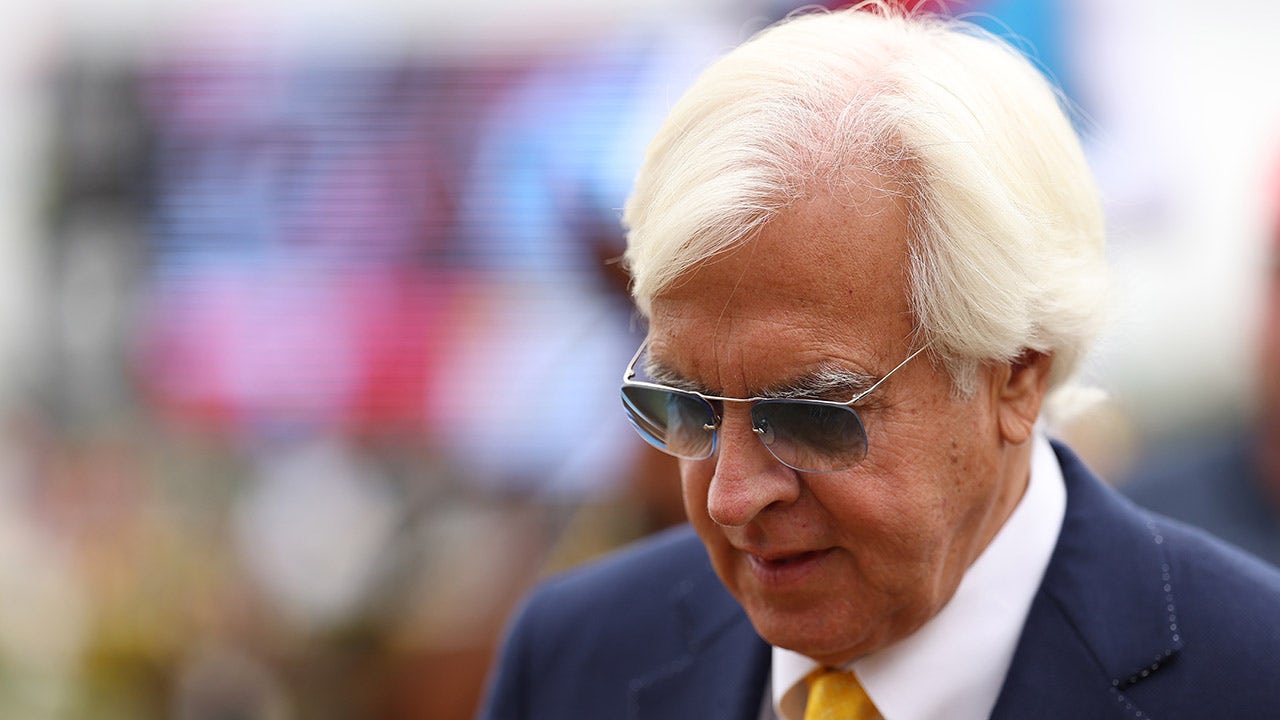Qualcomm went to Washington, D.C., last week to host an event focused on preserving and protecting the United States’ unique leadership position in the technology market.
The keynote and panel were populated by ex-government officials and experts on trade and technology who pointed out that, regardless of which party is in power, government is ineffective and non-competitive when it comes to competition in world markets.
Government entities often propose remedies for domestic problems that have handed entire markets over to other countries. At one time, the U.S. dominated industries like oil and gas, consumer electronics, automobiles, and trains. Except for Apple clawing back some of one of those markets, control and leadership now belongs to others.
Let’s talk about what the panel indicated needs to be done. Then we’ll close with my product of the week, an Indiegogo project called the Obsbot, a video conferencing camera that impressed me a lot.
Accept Change, Fund Innovation
Qualcomm’s event keynote was given by Susan C. Schwab, who is an expert on negotiating out-of-trade disputes, serves on several critical boards, and a former Ambassador.
She highlighted that the world is undergoing massive change which means there are also vast opportunities and risks. Market leadership migrates where it is best nourished and supported. She pointed out that the open market movements of the past are eroding toward nations which will drive even more turmoil going forward.
Schwab told us that a particularly troublesome trend is governments thinking they know better than the markets and trying to use their strength to be kingmakers. She argued that the primary goal of government should be, if the country, any county, is to remain competitive, is to fund and otherwise fully support innovation and accept risk-taking at every scale.
Companies that win in this increasingly volatile world, she explained, will be those that are fleet of foot, can see these emerging opportunities, are willing to take the needed risks, and have the skills to take advantage of those opportunities.
Schwab delineated that the free flow of ideas and information will be critical to assuring the success of these efforts, regardless of where they might exist. She argued that countries need to collaborate to create coalitions while avoiding extreme nationalism, implying Russia is an example of getting that so very wrong.
In short, countries that behave badly will face catastrophic economic, technological, and political penalties.
. . . . . . . . . . . . . . . . . . . . . . . . . .
US Government Must Stop Working Against the Economy
After the keynote came a powerful panel of qualified experts on governance, government process, trade negotiations and government procurement:
Paul Michel — a retired federal judge focused on strengthening U.S. technology rights
John J. Hamre — CSIS President and CEO, and Langone Chair in American Leadership
Katherina McFarland — Commissioner, U.S. National Security Commission on Artificial Intelligence and Chair of National Academies of Science Board of Army Research and Development
Ellen Lord — former Under Secretary of Defense for Acquisitions and Sustainment
Robert Atkinson — President of the Information Technology and Innovation Foundation.
One of the most troubling things the panel shared was that for decades the U.S. government, regardless of administration or which party was running it, has been at cross-purposes to what should be its primary goal concerning trade and market leadership.




